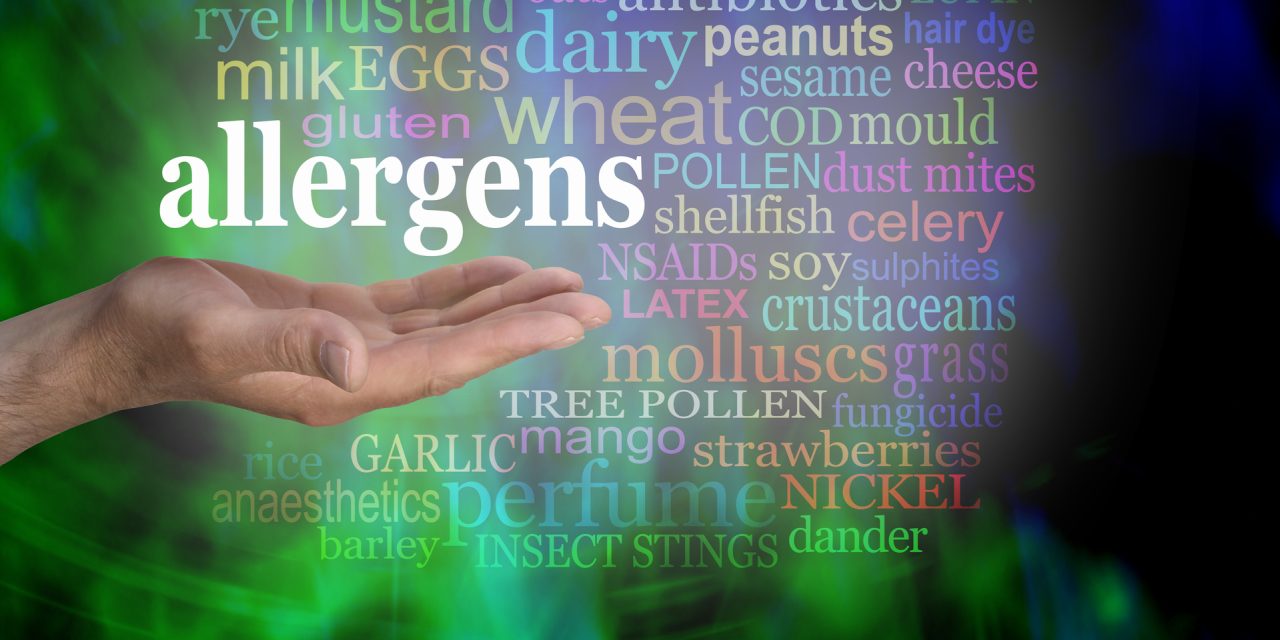As the number of patients with skin allergies, including atopic dermatitis, has increased rapidly, therapeutic options such as anti-IL-31 antibody and Janus kinase inhibitor have been developed recently. However, many concerns remain regarding the adverse effects and cost of these drugs; therefore, development of supplements that could support the effect of therapeutic agents is always required.
The aim of this study was to develop preventive and supportive options for skin allergies by focusing on a natural product called “Mastic”.
Initially, the anti-inflammatory and anti-pruritic responses of 3% and 30% Mastic topical treatment were investigated in a mouse model of allergic contact dermatitis, generated by topical application of toluene-2,4-diisocyanate (TDI), a hapten that induces type 2 helper T cells. After itch behaviour and ear-swelling response were monitored, serum, auricular lymph nodes, and skin tissues were collected to analyse immunocyte differentiation, cytokine determination, and histological changes.
Our findings indicated that topical treatment with mastic significantly ameliorated ear swelling, itch behaviour, immunocyte infiltration, and cytokine production. Histological evaluation confirmed the occurrence of anti-inflammatory responses. The anti-inflammatory and anti-pruritic effects of topical treatment with mastic (3% and 5%) were further confirmed in a mouse model of atopic dermatitis which was generated by topical application of TDI in NC/Nga mice. Thickness of the back skin, AD score, transepidermal water loss (TEWL), and itch behaviour were measured weekly, and immunocyte differentiation, cytokine determination, and histological changes were also analysed. Mastic treatment significantly attenuated the skin thickness, AD score, TEWL, and itch behaviour. Corroborated reduction was observed in the numbers of T cells and IgE-B cells, as well as in pro-inflammatory cytokine production. The reproducibility of the effects of mastic was confirmed with 1% mastic ointment in a setting similar to the AD mouse model. In vitro evaluation of keratinocytes indicated that mastic pre-exposure induced a significant dose-dependent decrease in cytokine production.
Our findings thus demonstrate that topical treatment with mastic significantly ameliorate inflammatory and pruritic responses in a mouse model of allergic dermatitis.
Copyright © 2021 Elsevier GmbH. All rights reserved.
Topical treatment with mastic (resin from Pistacia lentiscus) elicits anti-inflammatory and anti-pruritic responses by modulating keratinocyte activation in a mouse model of allergic dermatitis.


